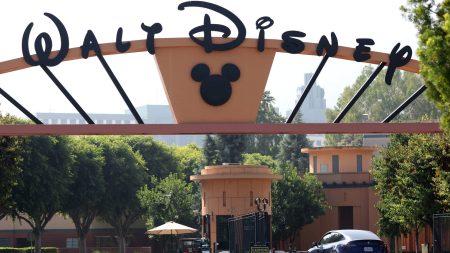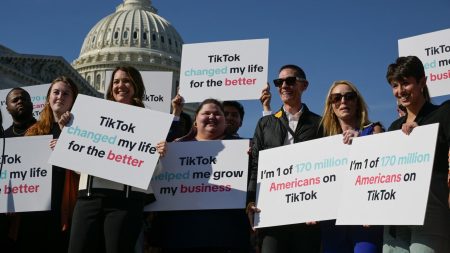A recent study has revealed a significant wealth gap among millennials, with the top 10% of this generation having 20% more wealth than the top baby boomers at the same age. Despite the majority of millennials facing challenges such as student debt, low-wage jobs, unaffordable housing, and low savings, a select group is surpassing previous generations in terms of wealth. The study’s authors note that there is a wide range of experiences within the millennial demographic, with some individuals thriving while others struggle.
Millennials, typically aged between 28 and 43, have faced financial obstacles such as the financial crisis, resulting in lower homeownership rates, high debt levels, low-wage jobs, and delayed family formation. However, the study highlights that millennials who pursued higher education, secured skilled jobs, and started families later in life have accumulated more wealth compared to baby boomers with similar life trajectories. The increased rewards for high-status job trajectories have benefitted the top 10% of millennials.
One factor contributing to the wealth accumulation among millennials is the great wealth transfer, where baby boomers are expected to pass down between $70 trillion and $90 trillion in wealth over the next 20 years. Individuals with assets of $5 million or more are projected to account for nearly half of this wealth transfer. Wealth management firms anticipate that this transfer has already begun, leading to tensions between different classes of millennials as inheritances flow down to younger generations.
The influx of inherited wealth among millennials has created a lucrative market for wealth-management firms, luxury companies, real estate brokers, and travel agencies. Wealthy millennials are increasingly displaying their affluence through purchases of high-end real estate, luxury goods, and extravagant lifestyles, leading to the emergence of “nepo babies” who showcase their wealth on social media platforms. This divide between rich and non-wealthy millennials could contribute to excessive spending and the pressure to maintain lavish lifestyles.
The shift towards inherited wealth among millennials could alter their perceptions of wealth attainment, as previous generations have primarily been self-made millionaires and billionaires. A study by Fidelity Investments revealed that 88% of American millionaires are self-made. However, recent data from UBS suggests that heirs who inherited their fortunes have amassed more wealth than self-made billionaires. The trend of inherited wealth adds a new dimension to the wealth landscape and may influence attitudes towards wealth creation among millennials in the future.
As inherited wealth becomes more prevalent among millennials, luxury real estate brokers like Clayton Orrigo are capitalizing on this trend. Orrigo has built a successful business catering to moneyed millennials who access family trusts for real estate investments. By cultivating relationships with family offices and wealthy individuals, Orrigo has facilitated multi-million dollar real estate transactions for young heirs. The surge in inherited wealth among millennials is reshaping the luxury market, with an increasing number of wealthy young buyers entering the high-end real estate sector.














